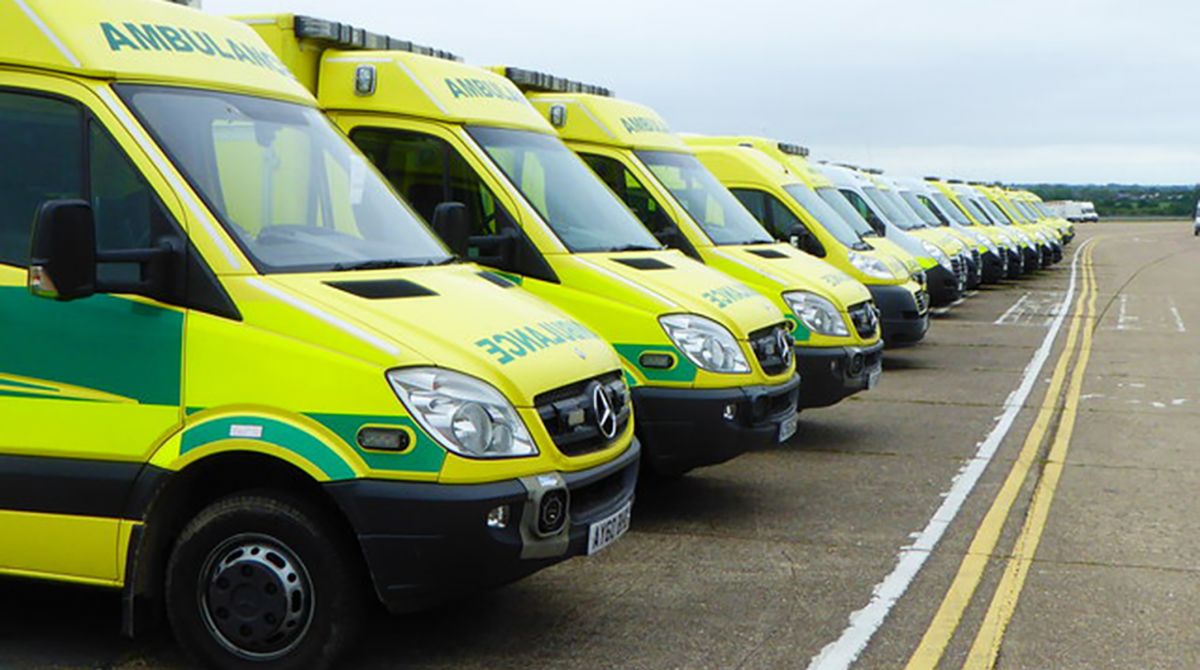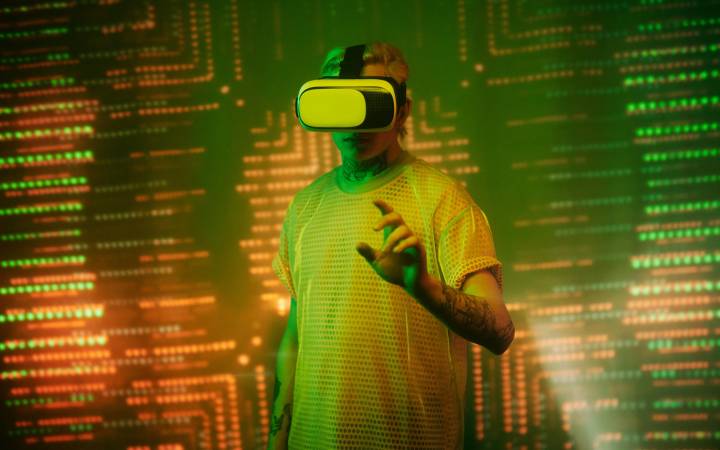Equipping ambulances with 5G video streaming: Kingston University project with global connectivity provider Pangea set to revolutionise emergency services
Posted Monday 21 January 2019

A cutting edge 5G-enabled video streaming system that will allow A&E doctors to make life-saving decisions on patient care by viewing live footage from ambulances is being developed by Kingston University and Internet of Things (IoT) company Pangea Connected.
With accident and emergency services facing ever-increasing demand across the country – NHS ambulance trusts responded to seven million separate incidents in 2017 alone – finding ways to reduce patient turnaround time upon arrival at hospital could play a key role in helping alleviate the pressure.
Using the latest video compression techniques to harness the consistent, high-speed connectivity offered by 5G, the part government-funded project will see University experts working with Pangea to research and develop 5G-equipped applications that can provide a direct link between ambulances and waiting hospital teams.
Professor of Wireless Communications Christos Politis and associate professor Dr Nada Philip are leading on the project for Kingston University, which will also explore the use of techniques for developing 5G enabled body-worn cameras for police forces to speed up crime scene assessment, as well as improved CCTV solutions.
"Alongside speed increases which will rival those delivered by optical fibre, 5G will incorporate IoT technology, which opens up so many possibilities for the health sector and across the emergency services through the use of smart devices," Professor Politis, an expert in wireless network research, said. "The idea is to give doctors and surgeons a virtual environment to see what they are dealing with in real time. It could help with triaging care or even allow medics to advise ambulance crews on treatment, improving chances of survival in life or death cases.
"It would mean medical teams know exactly what they are dealing with when the patient arrives at hospital, which would be a real game changer."
Dr Philip, who specialises in video compression, said one of the challenges was how to deliver optimal high quality video consistently through wireless networks when travelling at high speed. "When you stream multimedia content, it will be affected by different network conditions. We will be looking at how to ensure the moving images arrive in high-definition, allowing for accurate medical diagnosis and enabling police forces to identify people from their body-camera footage," she said.
"There is the potential here to help the emergency services provide better quality of care, reduce costs and speed up treatment through embracing emerging new technologies."
The research is being carried out through a Knowledge Transfer Partnership, a part government-funded programme that gives companies access to specialist expertise and allows academics to apply their research to a commercial context. As part of the scheme – funded through Innovate UK – a Kingston University graduate will be hired by Pangea to work on the project.
Dan Cunliffe, Pangea's managing director, said: "We're proud to be at the forefront of the push for 5G. By combining our connectivity, commercial expertise, and Channel access with the knowledge of Kingston University's academics, along with access to its 5G testbed, we'll pave the way for data transferal over powerful 5G networks.
"The solution will be the first of its kind in the world. It will completely transform how video and other data compression is used across industries and unlock fresh revenue streams for our partners and bring us a step closer to a 5G world."
- Find out more about undergraduate and postgraduate courses in the Faculty of Science, Engineering and Computing.
- Find out more about research at Kingston University.
- Find out more about global connectivity provider Pangea.
